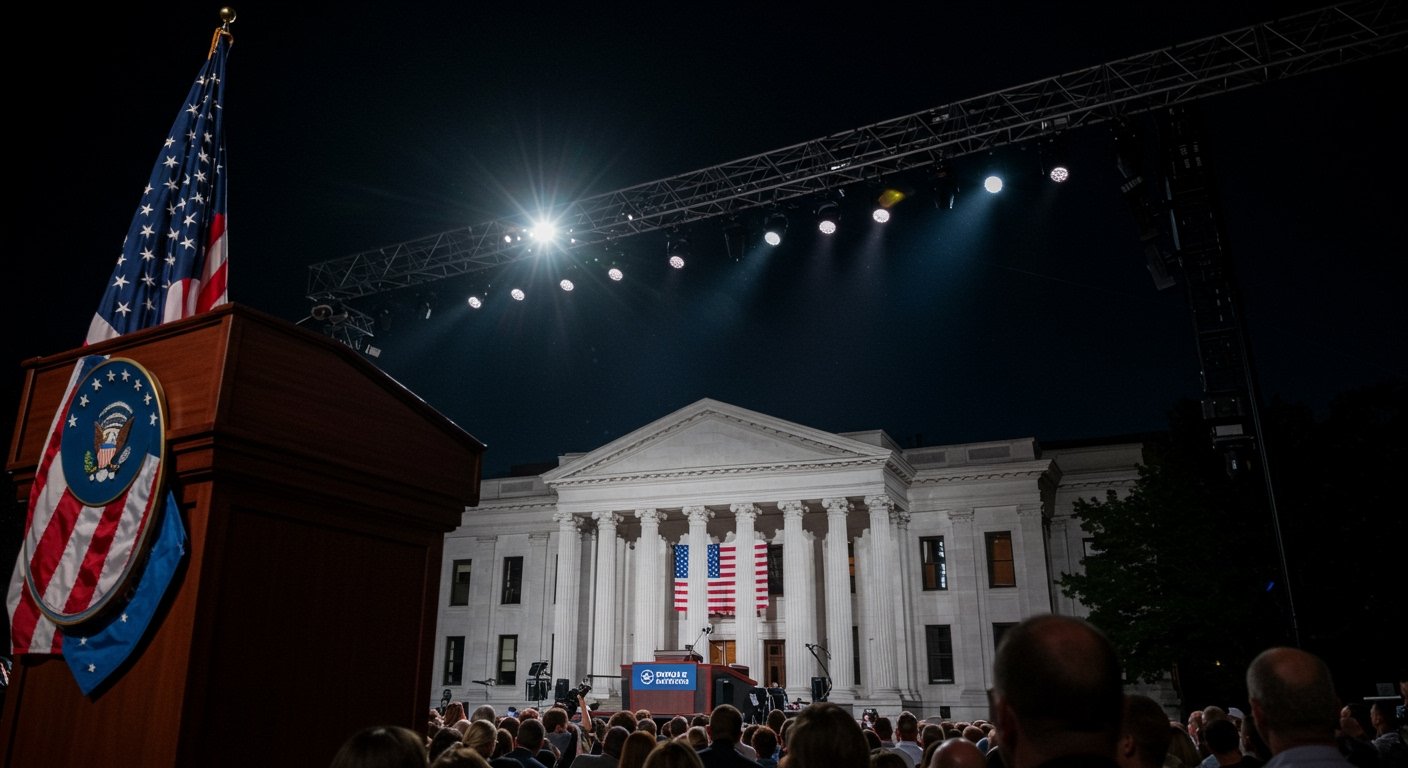In a significant development signaling a potential thaw in escalating trade tensions, senior economic officials from the United States and China are scheduled to engage in face-to-face discussions this week in Switzerland. These meetings mark the first direct dialogue between the two global economic powerhouses since the U.S. imposed new tariffs on Chinese goods, a move that fundamentally altered the landscape of bilateral trade relations under the Trump Administration.
Treasury Secretary Scott Bessent and U.S. Trade Representative Jamieson Greer are set to represent the American side in these critical talks. They will meet with a high-ranking Chinese economic official, the name of whom was not immediately available, in the neutral territory of Switzerland. The resumption of in-person discussions comes at a time of considerable uncertainty for global markets and businesses grappling with the implications of the recently enacted tariffs.
Business Community Mobilizes to Address Tariff Impacts
The practical consequences of the U.S. tariff actions have prompted swift responses within the American business community. The American Association of Exporters and Importers (AAEI), through its dedicated Customs Committee, has launched a Tariff Working Group. This initiative underscores the need for businesses to understand and navigate the complexities introduced by the new trade barriers.
A meeting for this newly formed working group is scheduled for Tuesday, May 20th, set to commence at 2:00 p.m. EDT. The agenda for this inaugural meeting includes a vital element: a member presentation on managing the new tariffs. This highlights the immediate need for practical guidance and shared strategies among businesses affected by the altered trade environment. The formation of such a group by AAEI reflects the direct impact of the tariffs on import-export operations and supply chain management.
Congressional Stance on Emergency Powers and Tariffs
Concurrently with these diplomatic and industry responses, legislative action in Washington continues to shape the domestic context of the trade dispute. The U.S. Senate recently held a key vote regarding the statutory basis often cited for implementing certain tariff measures.
The vote concerned a resolution to end the declared emergency justifying the IEEPA tariffs. The International Emergency Economic Powers Act (IEEPA) is a federal law that grants the President the authority to regulate commerce after declaring a national emergency in response to any unusual and extraordinary threat to the United States which has its source in whole or substantial part outside the United States. While the specific tariffs in question were implemented under this authority, the resolution sought to terminate the underlying emergency declaration, thereby potentially removing the justification for those tariffs.
The outcome of the Senate vote was 49-49, a clear demonstration of the divided opinion within the legislative body regarding the executive branch’s use of emergency powers in trade policy. Since the resolution failed to achieve a simple majority necessary for passage, the declared emergency remains in effect, thereby preserving the legal justification for the IEEPA tariffs that were the subject of the resolution. This vote signifies that, for now, the existing legal framework supporting these specific tariffs remains unchallenged by congressional action.
Outlook and Significance
The convergence of these events – the resumption of high-level trade talks in Switzerland, the proactive response from the business community through AAEI’s working group, and the Senate’s decision to uphold the emergency powers underlying certain tariffs – paints a complex picture of the ongoing U.S.-China trade relationship. The meeting in Switzerland represents a crucial opportunity for dialogue and potential de-escalation, though expectations remain cautious given the deep-seated nature of the trade disagreements.
The outcome of these talks, coupled with the enduring domestic policy framework enabling tariffs and the ongoing efforts by industry groups to adapt, will be closely watched for signs of how the U.S.-China trade relationship will evolve in the coming months. Businesses, in particular, are keen for clarity and stability as they navigate the current turbulent trade climate, making initiatives like the AAEI Tariff Working Group increasingly vital resources.









